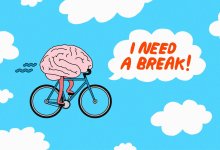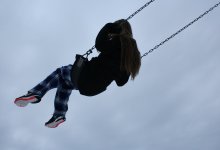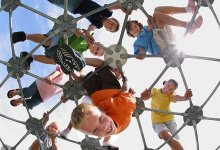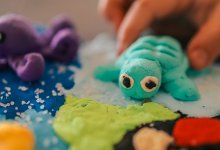Play & Recess
Learn about the importance of unstructured play, the research behind it, and tips on how to make time for it—even in high school.
Designing a Low-Tech, High-Connection Pre-K Classroom
Preschool teachers can carve out tech-free spaces and ensure that when technology is used, it serves as a bridge for conversation, collaboration, and reflection.2.7kYour content has been saved!
Go to My Saved Content.Brain Breaks for Your Classroom
Everyone Needs a Brain Break!Your content has been saved!
Go to My Saved Content.The Importance of Recess
Recess is often sacrificed to make room for more academics. The research says that’s a big mistake.4.8MYour content has been saved!
Go to My Saved Content.60-Second Strategy: Silent Partners
When teachers bring this fun formative assessment game into a lesson, they get a snapshot of what students have understood, and what they haven’t.60-Second Strategy: Math Attack
By incorporating this quick physical game into a math lesson, teachers help students focus on the task at hand.95.5kYour content has been saved!
Go to My Saved Content.Making Literary Analysis Creative Through Thematic Sculptures
When students use playful materials to build a physical object that represents their thinking, they grapple with texts in new ways.17.1kYour content has been saved!
Go to My Saved Content.Using Movement to Teach Vocabulary
When students explore new words through movement, they understand them better, retain them longer, and feel more empowered to use them.Time to Play: More State Laws Require Recess
Unstructured playtime is making a comeback in schools as frustrated teachers, parents, and advocacy groups demand legislative action.927.6kYour content has been saved!
Go to My Saved Content.What’s Lost When We Rush Kids Through Childhood
The author of "The Importance of Being Little" on the costs of our collective failure to see the world through the eyes of children.855.9kYour content has been saved!
Go to My Saved Content.Longer Recess, Stronger Child Development
With an hour-long recess, elementary schools can help children develop through increased creative play, authentic SEL, and adequate physical regulation.880.3kYour content has been saved!
Go to My Saved Content.For Young Kids, The Power of Play-Based Learning
New research shows play-based learning can be more effective than direct instruction at improving outcomes for early learners—particularly in the development of mathematical and spatial skills.233.1kYour content has been saved!
Go to My Saved Content.Balancing Play-Based Learning With Literacy Mandates in Preschool
These strategies help teachers set up engaging and enriching opportunities for literacy exploration throughout the day.3.3kYour content has been saved!
Go to My Saved Content.Making Learning More Playful for Teens
A sense of joy, when combined with rigor and purpose, creates a classroom community where middle and high school students thrive.12.5kYour content has been saved!
Go to My Saved Content.Why Recess Should Never Be Withheld as Punishment
Experts argue that recess is necessary for a child's social and academic development, and skipping it as punishment for misbehavior or to accommodate more seat time is a serious mistake.213.7kYour content has been saved!
Go to My Saved Content.How Imaginative Play Can Help Young Children Heal From Adversity
Play can help children become fluent in the language of the nervous system, learning what their bodies and brains need in times of distress and dysregulation.6.1kYour content has been saved!
Go to My Saved Content.












